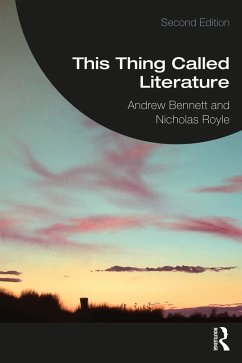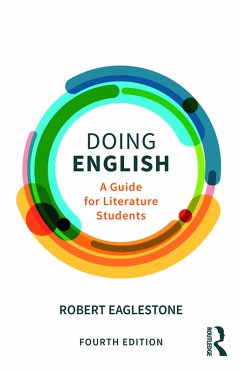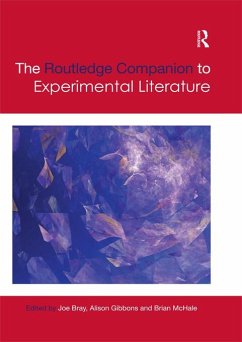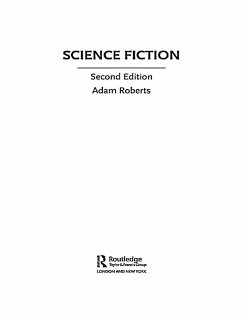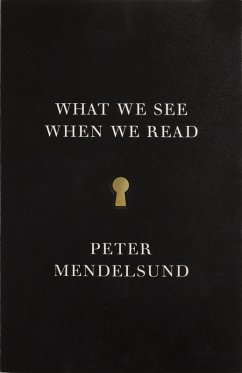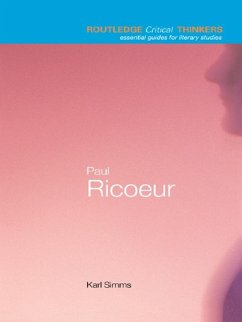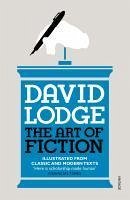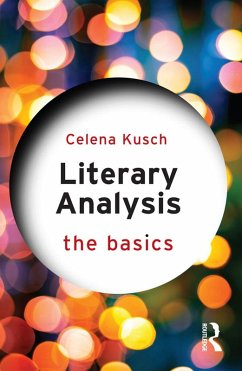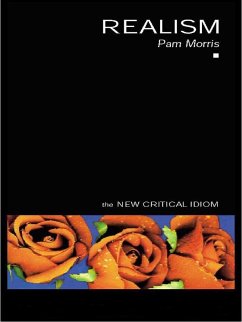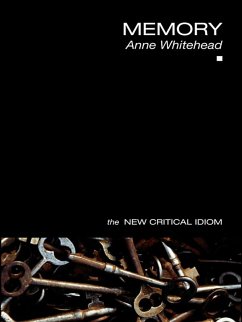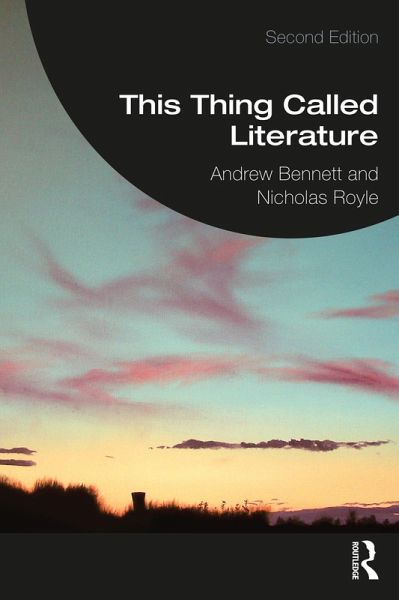
This Thing Called Literature (eBook, ePUB)
Reading, Thinking, Writing
Versandkostenfrei!
Sofort per Download lieferbar
19,95 €
inkl. MwSt.
Weitere Ausgaben:

PAYBACK Punkte
10 °P sammeln!
What is this thing called literature? Why study it? And how?Relating literature to topics such as dreams, politics, life, death, the ordinary and the uncanny, This Thing Called Literature establishes a sense of why and how literature is an exciting and rewarding subject to study. Andrew Bennett and Nicholas Royle expertly weave an essential love of literature into an account of what literary texts do, how they work and the sort of questions and ideas they provoke.The book's three parts reflect the fundamental components of studying literature: reading, thinking and writing. The authors use hel...
What is this thing called literature? Why study it? And how?
Relating literature to topics such as dreams, politics, life, death, the ordinary and the uncanny, This Thing Called Literature establishes a sense of why and how literature is an exciting and rewarding subject to study. Andrew Bennett and Nicholas Royle expertly weave an essential love of literature into an account of what literary texts do, how they work and the sort of questions and ideas they provoke.
The book's three parts reflect the fundamental components of studying literature: reading, thinking and writing. The authors use helpful and wide-ranging examples and summaries, offering rich reflections on the question 'What is literature?' and on what they term 'creative reading'. The new edition has been revised throughout with extensive updates to the further reading and a new chapter on creative non-fiction.
Bennett and Royle's accessible and thought-provoking style encourages a deep engagement with literary texts. This essential guide to the study of literature is an eloquent celebration of the value and pleasure of reading.
Relating literature to topics such as dreams, politics, life, death, the ordinary and the uncanny, This Thing Called Literature establishes a sense of why and how literature is an exciting and rewarding subject to study. Andrew Bennett and Nicholas Royle expertly weave an essential love of literature into an account of what literary texts do, how they work and the sort of questions and ideas they provoke.
The book's three parts reflect the fundamental components of studying literature: reading, thinking and writing. The authors use helpful and wide-ranging examples and summaries, offering rich reflections on the question 'What is literature?' and on what they term 'creative reading'. The new edition has been revised throughout with extensive updates to the further reading and a new chapter on creative non-fiction.
Bennett and Royle's accessible and thought-provoking style encourages a deep engagement with literary texts. This essential guide to the study of literature is an eloquent celebration of the value and pleasure of reading.
Dieser Download kann aus rechtlichen Gründen nur mit Rechnungsadresse in A, B, BG, CY, CZ, D, DK, EW, E, FIN, F, GR, HR, H, IRL, I, LT, L, LR, M, NL, PL, P, R, S, SLO, SK ausgeliefert werden.




